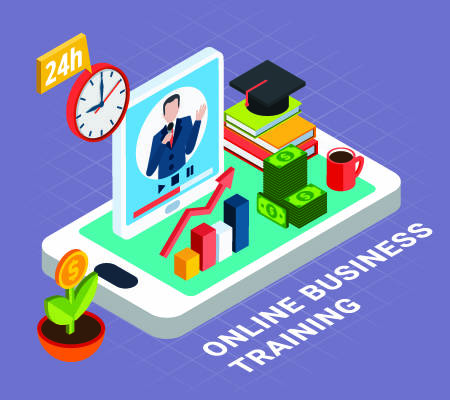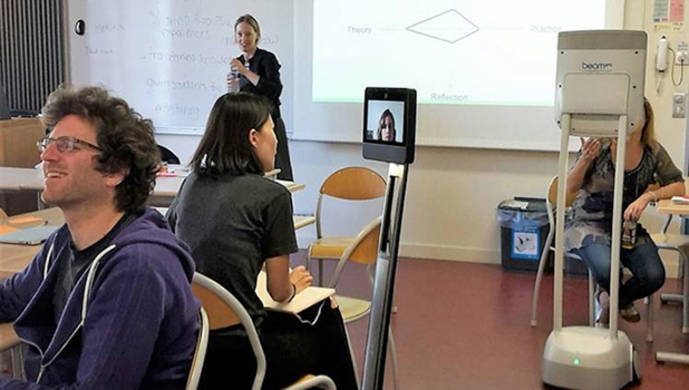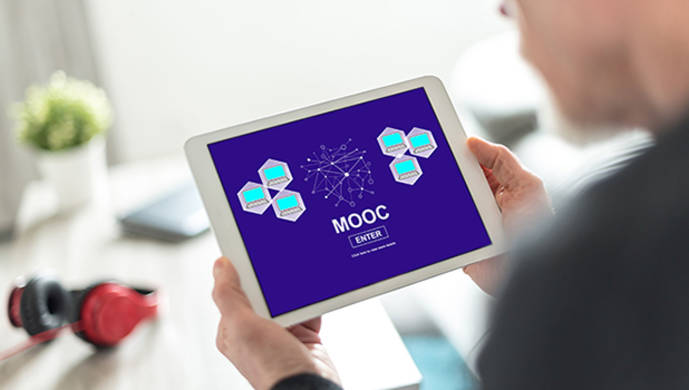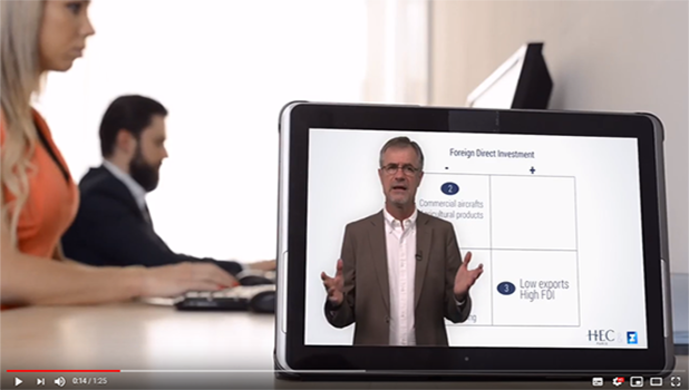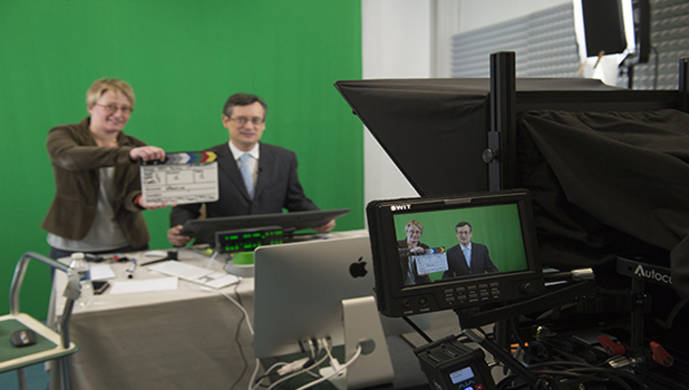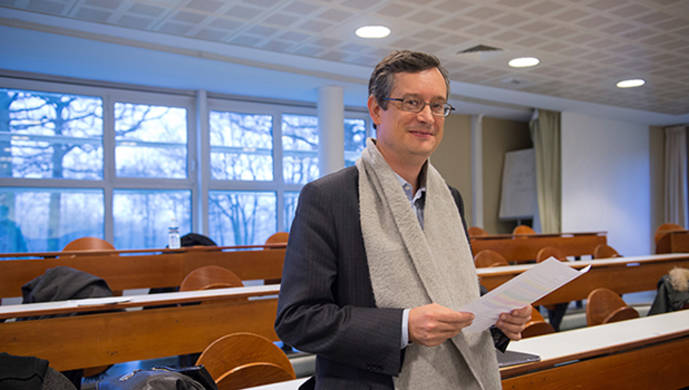Can you explain how exactly technology transforms business education?
Marc Vanhuele, Associate Dean: Technology changes the business of business education, both at an industry level and at the level of our school. At an industry level mainly because technology has permitted the entrance of new players like the learning platforms. These platforms are both competitors and partners.
At the school level, technology forces us to rethink about everything we do. We had our Chief Digital Officer, Robin Ajdari, arriving from the business world [Robin was previously head of strategic accounts development and VP learning and development at Atos] at about the right moment to guide us in our transformation.
Technology changes the business of business education, both at an industry level and at the level of our school.
Robin Ajdari, Chief Digital Officer: Technology indeed changes almost everything we do at HEC. From our marketing, sales, and admissions process, to how we accompany and organize the student experience, and all the back office work that needs to be done, to how we stay in touch with our community of alumni.
From prospects to alumni, we can give everybody a better “customer” experience and as an institution, we can manage the path they follow in a more integrated way. And then of course there is the educational experience as such. Technology permits us to create new types of degrees and programs. Fully online, partly online and partly on campus, and fully on campus but enhanced by technology.
Running these programs requires new types of expertise and the creation of new types of jobs. For instance, we now have learning coaches who accompany students in our fully online programs (see article on MSIE Online Master's).
Does technology change teaching in on-campus programs as well?
Marc Vanhuele: Yes, faculty who produced online content for our MOOCs and online MSIE now also use this content in combination with their on-campus courses. This frees up class time for other more interactive activities. This formula is called ‘blended learning’. An extreme version of this is that almost all content delivered is online. This is called a ‘flipped classroom’. Activities that in the traditional model were considered as homework now find their place in the classroom, often in the form of group activities and discussions.
Why should students still come to campus if they will be able to learn everything online in the future?
Robin Ajdari: This is a question we often hear and most people who ask it focus too much on the content site of education. We think of education as an overall experience. Transmission of content is only a small part of it. And, what happens in the classroom is only a small part of it, however interactive it is.
We have done research on the student experience using a Design Thinking approach.
Socializing in and outside the classroom, with the classmates, the professors, and other students, breaking the boundaries of nationality, culture and age is an enormous learning experience by itself. We think that as an educational institution we also have to enhance that dimension of the learning experience wherever possible, also through technology.
Socializing in and outside the classroom, breaking the boundaries of nationality, culture and age is an enormous learning experience by itself. We also have to enhance that dimension of the learning experience, also through technology.
We already have an App, "MyHEC", that enhances student life and have a vision for a broader digital platform that is multiservice and interactive. Technology can accelerate the integration of incoming students in our community (from administration tasks to campus visits and presentation of associations). And also daily life of the students already on campus.
The concept is called: “HEC village”, both in a metaphoric and literal sense: the campus is a global village, with enormous diversity by itself but that is tied with the surrounding cities (Paris and Versailles). With an alumni community as well. And of course the platform could also help with academic choices, providing advice and additional information.

